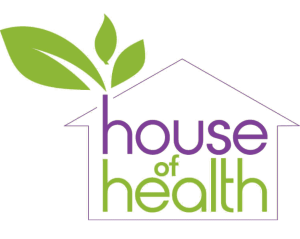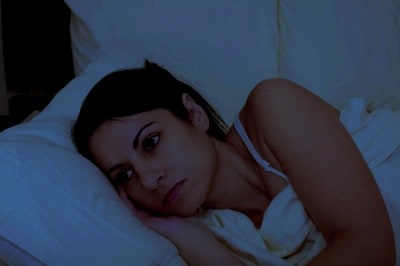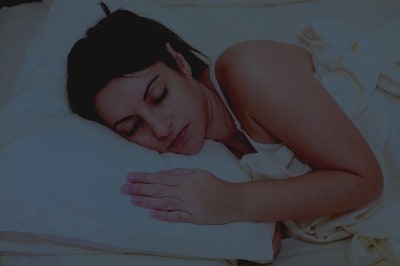Tired of Counting Sheep? Sleep Pt. I
Do you find yourself feeling tired and sluggish, easily irritated, and fighting the battle of a lack of concentration that you ultimately lose? These are often the symptoms of something everyone needs but seldom get enough of—good sleep.
About 30% of people have difficulty sleeping, also known as insomnia. Whether it’s from the stress of our daily lives to health issues; many sometimes regard sleep as another task instead of looking forward to it. However, a good night’s sleep is vitally important because our body heals and rejuvenates itself during that time; resulting in a healthier you: body, mind, and soul.
Let’s take a look at some natural sleep remedies in the first part of this series that may be beneficial to you.
Lifestyle Changes
Sometimes making simple lifestyle changes can help you have a peaceful night’s sleep. Take a look at your lifestyle to see if something may be interfering with your sleep.
- Establish a regular bedtime routine (do something relaxing). Try to go to bed and wake up at the same time every day.
- Getting exercise earlier in the day helps to expend energy making you feel sleepier at bedtime.
- Avoid nicotine, alcohol and caffeine at least four hours before bedtime. It can cause your brain to be stimulated instead of relaxed, or cause you to frequently urinate throughout the night. Try using calming teas like chamomile as a replacement.
- Check your mattress or pillows to see if they are the reason for your discomfort. If their worn-out condition is the culprit, you may want to consider purchasing new ones.
- Avoid large meals at least two hours before your bedtime.
Melatonin
Melatonin is a hormone that is produced in the brain by the pineal gland, and usually decreases with age. It resets your internal clock to regulate your sleep-wake cycle and other daily biorhythms. Typically, levels are higher in our body at night and decrease in the daytime hours. This is why you might want to consider dimming lights in your room before bedtime, because light lessens the production of melatonin. Some studies suggest that taking melatonin as a supplement in low doses (0.3–1mg) may help with jetlag and promote sound sleep quicker and longer. In order to maximize benefits, it’s best to take melatonin at the same time every day at least an hour and a half to two hours before bedtime. This will give your brain time to make you feel sleepy. It’s important to use this non-addictive supplement as directed on the bottle for a short period of time, because too much melatonin can actually interrupt your sleep pattern. Here’s a good article for more details on the use of melatonin.
Valerian
This perennial plant has been used as a medicinal herb since ancient Greece and Rome. Though it has an unpleasant smell, scientific research suggests that the root may be used to help you fall asleep faster, improve your sleep quality, and ease nervous restlessness and stress-related anxiety. Take valerian an half hour to two hours before bedtime at the recommended dosage of 400–900 mg or as instructed on the bottle label. Be patient with this non-addictive sleep supplement, it can sometimes take a few weeks for the sedative properties to take effect.
If you’re tired of tossing and turning at night or counting sheep, then these alternative remedies may help you look forward to bedtime again. Learn about more ways to help you sleep better in part two of this series.
Until next time, enjoy your journey of healthy living through healthy choices.
*Disclaimer
These statements have not been evaluated by the Food and Drug Administration. This information and these products are not intended to diagnose, treat, cure or prevent any disease. Consult a doctor or pharmacist for any drug interaction or medical advice suited for your needs. Do not drive or operate machinery because these are sleep inducing herbs. Do not use with prescription sedatives due to the cumulative effect.
**References
- Image courtesy of David Castillo Dominici/ FreeDigitalPhotos.net
- Prescription for Nutritional Healing, Fifth Edition by Phyllis A. Balch, CNC; pages 538–542
- WebMD.com/ Melatonin
- Brusco LI, Fainstein I, Márquez M, Cardinali DP. Effect of melatonin in selected populations of sleep-disturbed patients. Biol Signals Recept. 1999 Jan-Apr;8(1-2):126-31.
- Donath F, Quispe S, Diefenbach K, Maurer A, Fietze I, Roots I. Critical evaluation of the effect of valerian extract on sleep structure and sleep quality. Pharmacopsychiatry. 2000 Mar;33(2):47-53.
- NIH.gov/ Valerian
- University of Maryland Medical Center/ Insomnia





